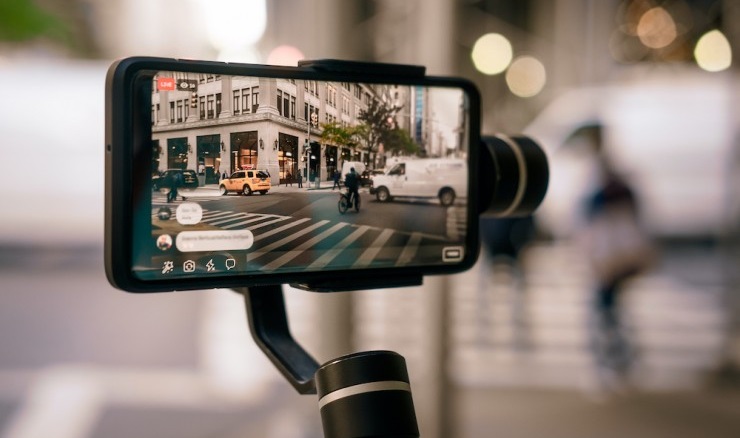Table of Contents
You’ll need to make some adjustments to your camera settings if you want to shoot in high-resolution means 4k or even 8k.
It has been a long time since mobile cameras were a hot waste. But smartphones are shooting unbelievable videos these days. On these matters, Hollywood even made an or two feature films. But you need to make sure that you get the maximum resolution to shoot in that high-resolution video quality on your iPhone or Android.
Anyway, what is the video resolution?
When we talk about smartphone video resolution, we actually mean the number of pixels in the video. The more pixels your camera receives, the more information. For 1920 x 1080, 1080pixels are short, which means that the video has 1.920 px and 1.080 pixels. 4k, on the opposite side of the spectrum, means 3840 pixels × 2160, which is a width of 3,840 pixels — and a tall of 2,160. We call it 4k since 3,840 is approximately 4,000.
The 8K is short to the 7680 × 4320 which – you guessed – is 7680 pixels wide, 4320 tall. It is not all that common at this time. Like 4k, 8k is named after those 7,680, shy 8,000 pixels.
Why is my smartphone not already recorded in 4K?
Smartphone manufacturers like all their smartphone video cameras. So why would they ship without having fully enabled the video quality?
So we can take a very well interesting observation: 4K video takes up a great deal of space. For example, on an iPhone 12 shooting 4K video uses at least 150 MB per minute, depending on your video settings, and at most 440 MB a minute. Compare the settings of 1080p, which uses a minimum of 65MB per minute and a maximum of 175MB per minute.
The Galaxy S20 is able to shoot 8K video at 600MB per minute, on the other hand. The dimensions of the filename are so big that each 4GB Samsung breaks the file up. Although 8K is not the norm, both 4K and it just takes up more than 1080p. What about our conjecture? Smartphone makers focus on the storage needs of their customers over video quality since most of their recordings will probably look great.
But here is how you can make sure that you’re shooting as quality as possible for those of us who don’t want to settle for less than better.
How to check if you shoot at 4K on your iPhone?
The quickest way to know the video quality of the iPhone is to look at your screen’s numbers (if you keep your iPhone vertically, you’ll find it in the top right corner).
You will see HD 30 by default. This is a 1080p code with 30 fps. The clandestine? To change the resolution to 4K, tap the HD button. You can do the same with the frame rate—just tap the number to change between your options.
In the Settings app, you can, of course, see all your 4K options. Just go to Settings > Camera > Record Video and select the option 4K that you want.
Just like on iOS, you can change video quality on Android from the camera application for a shoot in high-resolution.
How do you check that you are shooting in 4K (or 8K) on Android?
If apps can vary, the video quality settings should be found on a settings device, an arrow down, or an ellipse. For instance, on Pixel 5, on the display side, tap the arrow and then change the display’s resolution. Make sure that 4K is chosen instead of 1080p.





